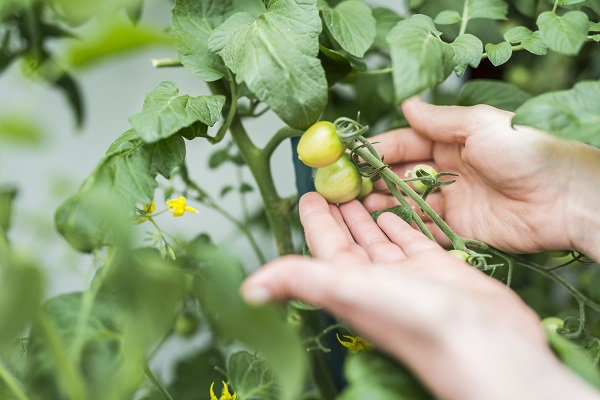Honey Bees Ignoring Late-Bloomers? No Problem!
August 20, 2020
If honey bees are neglecting your flowers, take matters into your own hands.
This year has been a very weird year on so many different levels. Obviously, the pandemic is at the top of that list, but it is just one of many “odd” things that have happened in 2020 making it a year most of us would really like to forget ever happened. For those of us with gardens, this became our solace during the pandemic, but it may now turn into a nightmare for some due to late-blooming plans that are not being pollinated by our friends the honey bees.
Late Crops
In some areas of the country, the late part of the spring and early part of summer saw unseasonal temperatures. The cooler days were great for being outside but not so great for plants that rely on temperatures as their cue to bloom. Two plants that come to mind are tomato and zucchini plants.
Even during a perfect year, the window is pretty short to get the most out of these plants, but during a season like this, it is almost impossible. These plants blooming later in August does not really help because, at 90 degrees or higher, pollination by honey bee becomes almost impossible. The honey bees are out gathering water and trying to keep their hives cool once the temperature kicks up and the pollen is too dry to stick to the female part of the flower.
When this happens, we have to give nature a helping hand. I stumbled onto an article on the Spokesman by Pat Munts that offered up a few really good tips to help the pollination problem along if your tomato and zucchini plants are behind the curve this season.
For zucchini plants, Munts recommends waiting until both the male and female part of the flower have opened. Once this occurs, use a cotton swab to rub pollen from the male part of the flower (on taller part of the plant, no bulge) onto the center of the female flower. You will probably have to repeat this process several times over the next few weeks for it to work.
Tomatoes are a much easier fix. If you have an electric toothbrush, simply place it next to the plant's flower and turn it on. The vibration will loosen up the pollen and allow it to fly around and hit other flowers. It may not be as effective as the honey bee, but it will give you better tomatoes!
You can read all Munts’ tips on theSpokesman. Photo By astrakanimages


.jpg)



